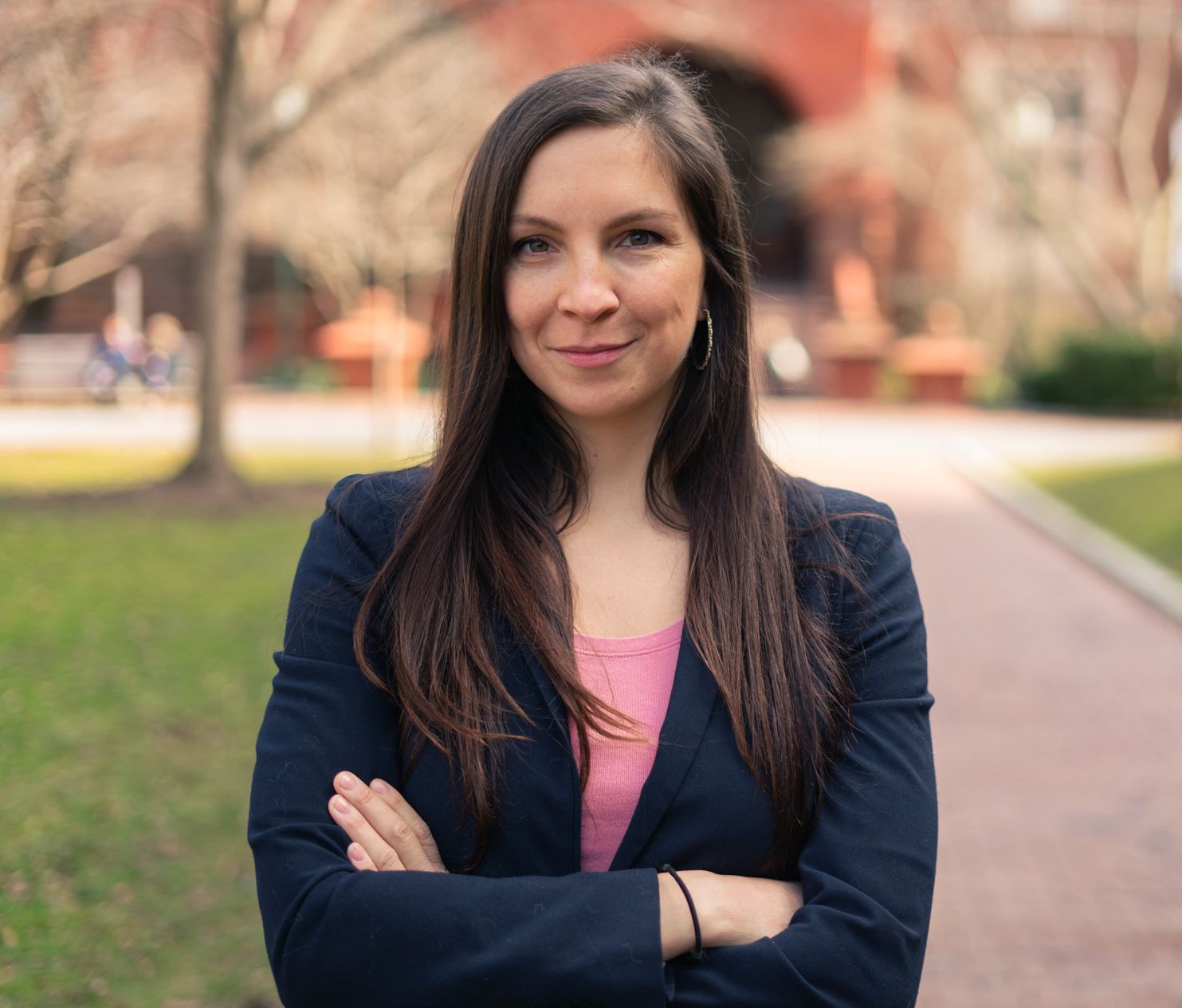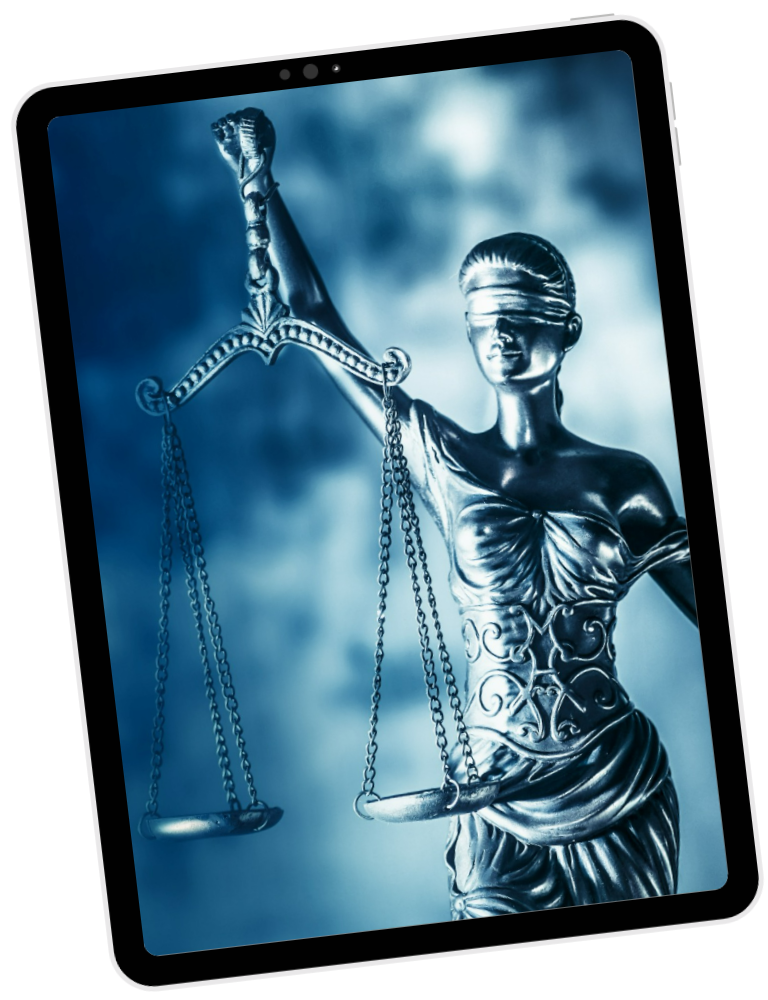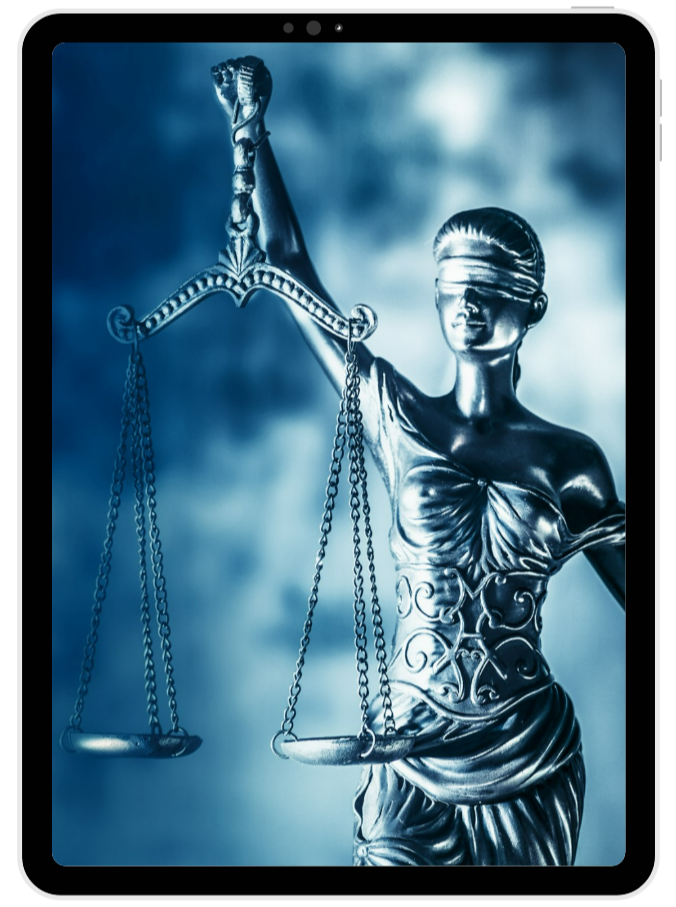The topic you choose for your law school personal statement matters. It matters because it is the anchor through which you show admissions officers who you are, what you’ve done, and most importantly, how you think.
If you haven’t already, check out this blog post on how to choose a law school personal statement topic where I give you pointed brainstorming questions that will get out the best material for you and your story.
But today, I want to talk about the law school personal statement topics to avoid—ones that too many law school applicants gravitate towards.
Every cycle admissions officers have to read some cringe-worthy personal statements.
The content of your personal statement matters because it reflects your judgment. And you are entering a profession where judgment is critical to your success. An applicant who comes across as immature, arrogant, dishonest, or a challenging personality reflects poor judgment (and a person that no one wants to pass in the halls of their law school).
You’ll generally want to avoid the following overused topics, unless you fit within the exceptions I describe:
1. General reference to historical or political events
You will absolutely not stand out if you talk about general historical or political events such as “Obama’s election inspired me to be a lawyer” or “Trump’s insidious policies compel me to become a lawyer . . .” unless you are actively involved in these events or have been personally affected by them in a specific, meaningful way.
For instance, one applicant I worked with wrote about how she was a reporter for her college newspaper and covered Trump rallies, and it made her realize that she didn’t want to just be a reporter objectively reporting on something she didn’t think was right, but instead wanted to be able to take action. Through her work experience, she had personal connection to Trump’s presidency and his policies, and she used her experiences in to talk about how it impacted her own thinking about her role as an advocate.
Her story is very different than the generic inspiration drawn from a political event. For instance, right after Trump was elected, many applicants wanted to write about how this inspired them to go to law school, seeing someone in power they didn’t agree with. That is fine to write about if like I said, you can connect it to things you’ve done. But know, that the generic inspiration kinds of essays are very common and rarely ever the strongest.
2. Athlete stories
Please please do not write about you “learned to overcome hardship after breaking my ankle two weeks before the championship I’d been working so hard towards . . .” unless (maybe) you’re an Olympian (though even then, I’d think that might be better suited for a diversity statement or other essay), or this is a tiny story to a much bigger theme.
I don’t think I’ve ever allowed a client’s personal statement to focus on their athletic career, despite many wanting to. I get it, this can be a very big part of your life – I myself was a competitive gymnast most of my life and it shaped a lot of who I am. But realistically, law schools just don’t care that much, and it is hard to focus your essay around your athletics and still be able to draw a global insight.
Now, while I say that your personal statement shouldn’t focus on your athletic career, it could still be a small part of your bigger theme.
For instance, I once had a client who was an adventure seeking mechanical engineer interested in patent law. She was able to throw in her skiing career – though in maybe just three words – as part of her broader theme that she is someone who seeks out novel things. But again, this is just an aside in her personal statement. It ultimately is not relevant to her ultimate point.
This may feel like you’re leaving out a big part of who you are. But remember, your law school application is a curated version of yourself. It will not and cannot include everything.
But also remember, that just because your athletics may not make it into your personal statement, that doesn’t mean it may not be great material for another essay; often supplemental essays that ask about leadership can be great opportunities for that.
Though a word of caution, I wouldn’t use athlete stories as an example of a hardship for any supplemental questions that come up around that, or you’re just asking for an eye roll.
Here’s an example of a beginning introduction a client wrote in his initial draft—we quickly cut it out because it added nothing insightful to his ultimate point:
Growing up I deeply enjoyed and was involved in a variety of extracurricular activities and sports. Early on my parents noticed that I had a natural talent for tennis and thus it became the sport of choice. Tennis taught me many valuable lessons, the most important of which being that your greatest asset during a tense scoreline when playing a match is your ability to analyze the overall situation and focus calmly on your objective without getting derailed by the thoughts running through your head. 4 points constitute a game, 6 games make up a set, and finally 2 sets make up the match. While focusing on each individual point is essential, true success can never be obtained without focusing on the entirety of the match itself.
However despite understanding this perspective, I was unable to apply it to my own academic situation until I had all but finished my undergraduate career.
3. Generic study abroad story
Many applicants study abroad. This fact alone is nothing novel or interesting, sorry to say.
You can certainly talk about a study abroad experience if you can tie it to something that is unique and profound. This is very different than using your study abroad as the single most interesting example of your uniqueness or to talk about something that everyone experiences when they’re in a new culture.
For instance, I had a client who had conducted field research on gender norms while studying abroad in Costa Rica. The study abroad was just incidental to her story about what she learned through her research and how it connected to her ideas of law and legal institutions.
Another client talked about how his study abroad experience in South Africa opened his eyes to how much the U.S. still faces similar issues.
These applicants used their study abroad experiences to talk about something bigger than just the fact that they studied abroad, and ultimately they showed how their insight into the world grew and matured because of the experience.
4. High school events
Avoid focusing your essay on your accomplishments or events in high school, without tying it to a broader theme that includes more recent events.
I have worked with many clients who talk about things they’ve done before college, or things that happened to them in high school.
But…
There is a big difference between focusing your personal statement on something you did in high school and using something from high school as one example of a broader theme.
When I moved to Loudon County, Virginia—one of the wealthiest districts in the nation—my senior year of high school, I was intent on graduating early as I had anticipated doing at my old school. But when I met with the academic counselor, I was told the mainstream high school did not allow early graduation. My only option was to attend an alternative school for students who had been suspended, known as the “troubled” school. Everyone assumed I would not go. The academic advisor said it wasn’t a place for me, my parents strongly resisted the idea, my church community told me to stay away because “they’re the worst type of kids.” All I saw was a path to my goal: pursue a career sooner. So I enrolled.
On the first day of school, I walked through the metal detectors and past the security guards to my first class. The high school was an old elementary school building and the class offerings were limited to just the basics needed to graduate. It felt like a diploma mill: get in and get out. There were no after school activities, clubs, or sports teams. No homecoming dances or spirit week. The faculty were nice, but they seemed tired. The library was the size of a classroom, and the computers were from the early 2000s. I realized then how many amenities I had taken for granted.
That first day, I remember as the students trickled in, they could tell something did not fit: it was me. But after a short amount of time, I found myself connecting with my classmates. Most of them worked full-time jobs to help support their low-income families, a few already had kids they were taking care of, and some of them just came from difficult family backgrounds. I saw kids just like me. They were not bad; they just did not have the same support and opportunities that others had, myself included.
5. Overly artsy, creative writing-type essays
For my college essay, I remember writing about a chipped plate and using it as a metaphor for the nomadic life I led as a military brat. I thought it was so creative and profound. And maybe it was for a 17-year-old, but let me tell you now, it is not profound or creative for a law school essay.
In fact, these overly creative personal statements show immaturity, and, honestly, self-involvement.
Yet still, this is a very common mistake I see people make with their personal statements. So many clients first try to at least begin their essay with what they think is an “interesting” or “beautifully written” introduction.
First, that is just a waste of space. You only have two to three pages double spaced to make a compelling and interesting point. Don’t waste it on fluff.
Second, legal writing is incredible efficient and direct. It gets straight to the point, relays information clearly, and doesn’t hide the ball in flowery metaphors. Show law schools you have that skill by getting straight to the point. You can write compellingly without having to tell law schools about the “kaleidoscope glimmer of the tear sliding down her face.”
Third, these kinds of essays are a huge pet peeve of many admission officers. Law school admission officers read thousands of personal statements; they don’t want to have to decipher through your hidden metaphors to understand what you mean
Here’s an example of an unnecessary detailed and flowery start to a personal statement. While it may be interesting, it really doesn’t say much and takes up a lot of space. Remember, you’re not writing a human-interest piece. You’re writing a law school personal statement.
My whisper fogs the window near me. The warmth of my fingertips melts the frost crystals on the window. I anxiously search through the crowd of people rushing into the mosque below me for a face that I’ve longed to kiss and hold. I desperately want more time with him. Strengthening my resolve to find him, I remind myself that it’s Friday and if I pray hard enough, I will see him.
All too soon, I hear the “Allahu Akbar!”. The call to prayer signifies that he won’t make it. My heart breaks once more knowing that it is too late. The pain in my heart is too much to bear. Quivering hands cover my mouth as I tally yet another week without my father.
The second example would’ve still been a strong essay just starting with “If you had told me in January of 2020 that I would spend months of my sophomore year…” but here painting the picture of her getting up at 5:30am every day, voluntarily, because she felt the need to help out during covid, is powerful. It emphasizes the uniqueness and novelty of what she decided to do. She was also a creative writing minor and had a knack for concise descriptions. See how short this part still is? And then she gets right to the point and says exactly what she’s talking about.
This is really hard to do. If you’re not sure whether it’s too “creative-writing-y” then it probably is.
Err on the side of directness over descriptive.
6. Woe is me essay
It can be a fine line between writing about your difficult experiences and sounding like you’re holding a pity party. You want to avoid the latter.
There seem to be two kinds of applicants: those that are so worried about sounding like they’re holding a pity party that they avoid talking about the difficult things they’ve been through, and then there are those that indulge into their difficult circumstances and make them a bigger story than they deserve.
If you went through something difficult, don’t feel shy about it. Share it.
But there’s a difference between using a difficult experience as a way to talk about something bigger, and using a difficult experience to just complain or gain sympathy points.
If you’re using a difficult experience as an example of a character trait you exemplify, or an explanation for an insight you may have had, you should share it. That is using the difficult circumstance, not relying on it like a crutch.
But…
If you’re just trying to throw in a hardship because it feels like it will get make you look like you’ve struggled, then that will probably backfire.
Also, don’t try to seek out difficult circumstances in your life. If you don’t have any, that’s ok. Don’t exaggerate or embellish things you’ve gone through. There are many applicants who’ve gone through very very serious and trying times (like the applicant who I use as an example below). Their sincerity will always outweigh yours.
Note I say their sincerity, not necessarily their application, will outweigh yours.
It’s absolutely ok if you didn’t go through struggles, or significant hardships. It doesn’t mean you don’t have things to talk about or valuable character traits law schools will want.
Trust in yourself and your story.
Example of hardship story that does NOT work:
I have not been able to have a traditional “family.” My Mother and Father moved over to America roughly 30 years ago (about nine years before I was born) to seek better job opportunities. Both worked in Banking at the time and the higher paying jobs were in the United States.
Example of hardship story that DOES work:
After applying every year since I was born, my mom finally won the green card lottery when I was eight years old. We felt like we had finally made it. We were going to live out the “The American Dream.” Yet I quickly discovered that poverty doesn’t end just because you come to the U.S. My mom worked three minimum wage jobs to support us, and we were still barely making ends meet. We couldn’t always afford electricity, or meals for both of us. All of our clothes came from Goodwill, and I was left to care for myself because my mom couldn’t afford childcare.
What I soon came to realize is that despite being in the U.S. lawfully, despite my mother working incredibly hard, the fact that we were immigrants, poor, and women of color, left us as second-class citizens. My mom stayed in jobs where she was mistreated and underpaid because she was couldn’t risk losing her job. She avoided calling the police on an abusive roommate because she was more afraid of the police than the man’s rage. I once nannied for a family who instructed me not to touch anything in the house, and was forced to stay in a single room for the duration of the night, not allowed to leave even to go to the bathroom. I walked through cotton-filled lawns on my college campus after Trump was elected, listening to the implied and explicitly verbalized threats from other students. Even now, after being in the U.S. for 15 years, my Mom and I carry our passports because our local county passed a law that a police officer can ask for our immigration status. It still baffles me that because we are immigrants, we have to consistently prove that we are citizens.
Next steps
Now you know what personal statement topics to avoid.
But you still need to brainstorm your topic.
How?
I created a cheat sheet to help you come up with those winning topics fast. After all, a law school personal statement topic is one of THE factors that will help you get accepted by your #1 law school.
Get my free guide to brainstorm a successful personal statement topic here.
Read more:
How to Write a Law School Personal Statement
Law School Personal Statement Examples





